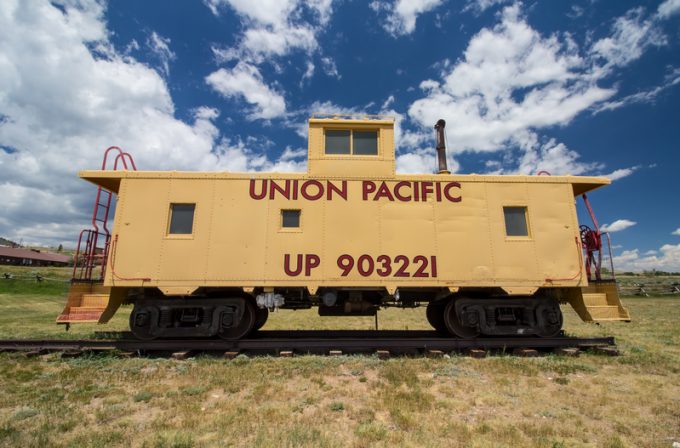Tariff exposure round-up – Fedex, UPS, CH Robinson & Expeditors
…and the Class I railroads?

US president Joe Biden has hailed a ‘tentative agreement’ apparently reached between rail unions and the rail companies. And the US media has been quick to talk up the agreement ? but not everyone is on board with this so-called deal.
In the early hours of today (EST) the White House posted a statement from the president hailing the work of both the rail companies and the unions in reaching an agreement and averting a damaging strike.
“These rail workers will get ...
Volcanic disruption at Anchorage could hit transpacific airfreight operations
Shippers snap up airfreight capacity to US ahead of tariff deadline
Forwarders stay cool as US 'liberation day' tariffs threaten 'global trade war'
New price hikes may slow ocean spot rate slide – but for how long?
Tighter EU import requirements proving 'a challenge' for forwarders
Supply chain delays expected after earthquake hits Myanmar
Looming Trump tariffs will create 'a bureaucratic monster' for Customs

Comment on this article